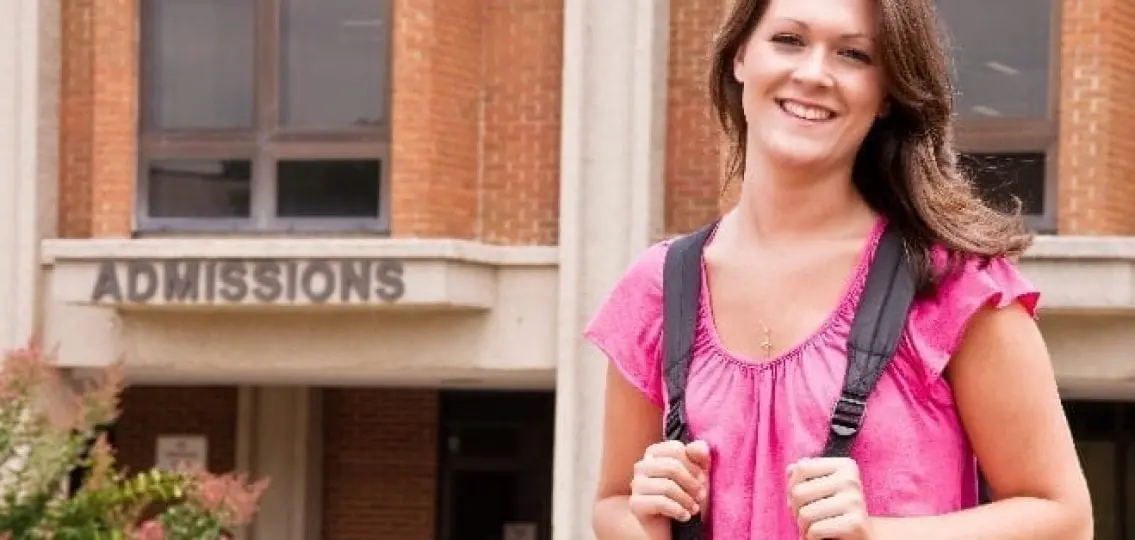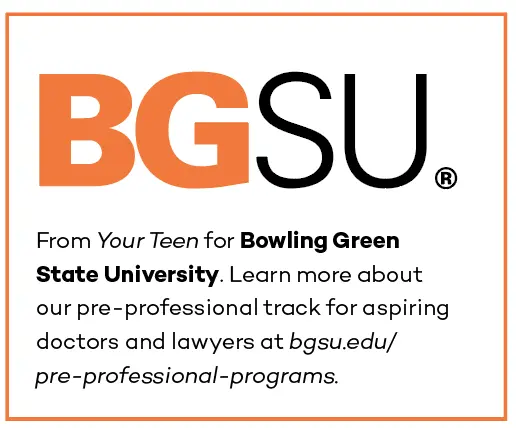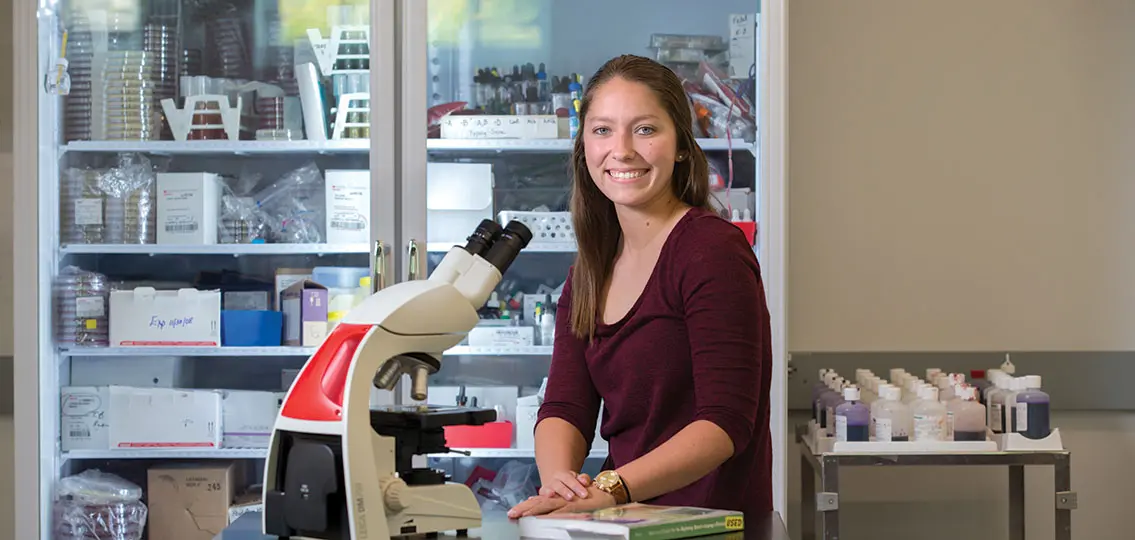Greg Robinson, a doctor who lives in Washington, D.C., hoped his son Samuel would follow in his footsteps into the medical field. But not necessarily by taking the same route he did. Instead, he urged Samuel to consider a pre-professional program because, he says, “a more general degree [such as biology or chemistry] doesn’t show you’re as serious. I took the long route. I’m still paying for it.” Robinson believes the path to becoming a doctor would have happened much more quickly had he chosen the pre-professional route.

Students in a pre-professional track declare their intentions to pursue a professional program in law or a specific area of health care, explains Clare Spathelf, assistant director of pre-professional programs at Bowling Green State University (BGSU) in Ohio.

That was an appealing path for Samuel, who aspires to work with the U.S. Food and Drug Administration doing “something both scientific and creative”. With this goal in mind, he worked to align his volunteer experiences, part-time job at the YMCA, and science focus at school with the college’s requirements. This diligence helped him stand out and gain acceptance to a pre-professional Doctor of Pharmacy program straight out of high school.
Who Should Consider a Pre-Professional Program?
Students who have a clear idea of their future career are perfect candidates, says Spathelf. She helps oversee students enrolled in the university’s pre-professional program. This program supports undergraduates pursuing post-baccalaureate programs in dentistry, law, medicine, occupational therapy, optometry, pharmacy, physician assistant, physical therapy, and veterinary medicine.
Choosing a pre-professional program over a more general degree path can not only put you on a fast track to your intended career, but it can also potentially offer an inside edge on the competition for acceptance into graduate programs, says Joann Elliott of College Counseling Tutoring and author of the book When to Do What: A Step-by-Step Guide to the College Process.
[adrotate banner=”37″]
Colleges often save a certain number of graduate program slots for their own students, she says. Sometimes students on the pre-professional track can even avoid aspects of the application process that are typically required. This can include interviews or admissions tests like the LSAT for law school.
Students in a pre-professional program often receive specialized support as well. For example, BGSU has designated advisors and a one-stop “resource room” that offers test prep materials, guidance with graduate school applications, and help strengthening interviewing skills, says Spathelf.
5 Key Factors to Consider
Wondering if a pre-professional route might be a good fit for your teen? Here’s what Spathelf says they look for:
- High achievers who are very engaged learners
- Good written and verbal communication skills
- Aptitude for advanced critical thinking and problem-solving
- Demonstrated ability to handle the rigor of multitasking
- Good leadership skills and interest in community service
Go the Extra Mile
“Do your homework on the benchmarks you must attain to be considered by the schools that interest you,” Elliott says. She recommends paying special attention to the application process early on, as there might be additional steps for applying to a pre-professional program.
There are a number of ways students can hone in on a specific career goal. Many college campuses offer summer programs that give students a taste of fields like law, healthcare, and veterinary medicine. Spathelf also recommends that interested high school students learn more about their chosen field of study. They can do this by volunteering and shadowing professionals.

That approach helped cement Samuel’s path. He engaged with a contact on LinkedIn who holds the type of position he hopes to pursue. That connection kindled a passion in him that shone through in his applications—and confirmed he was on the right track.




